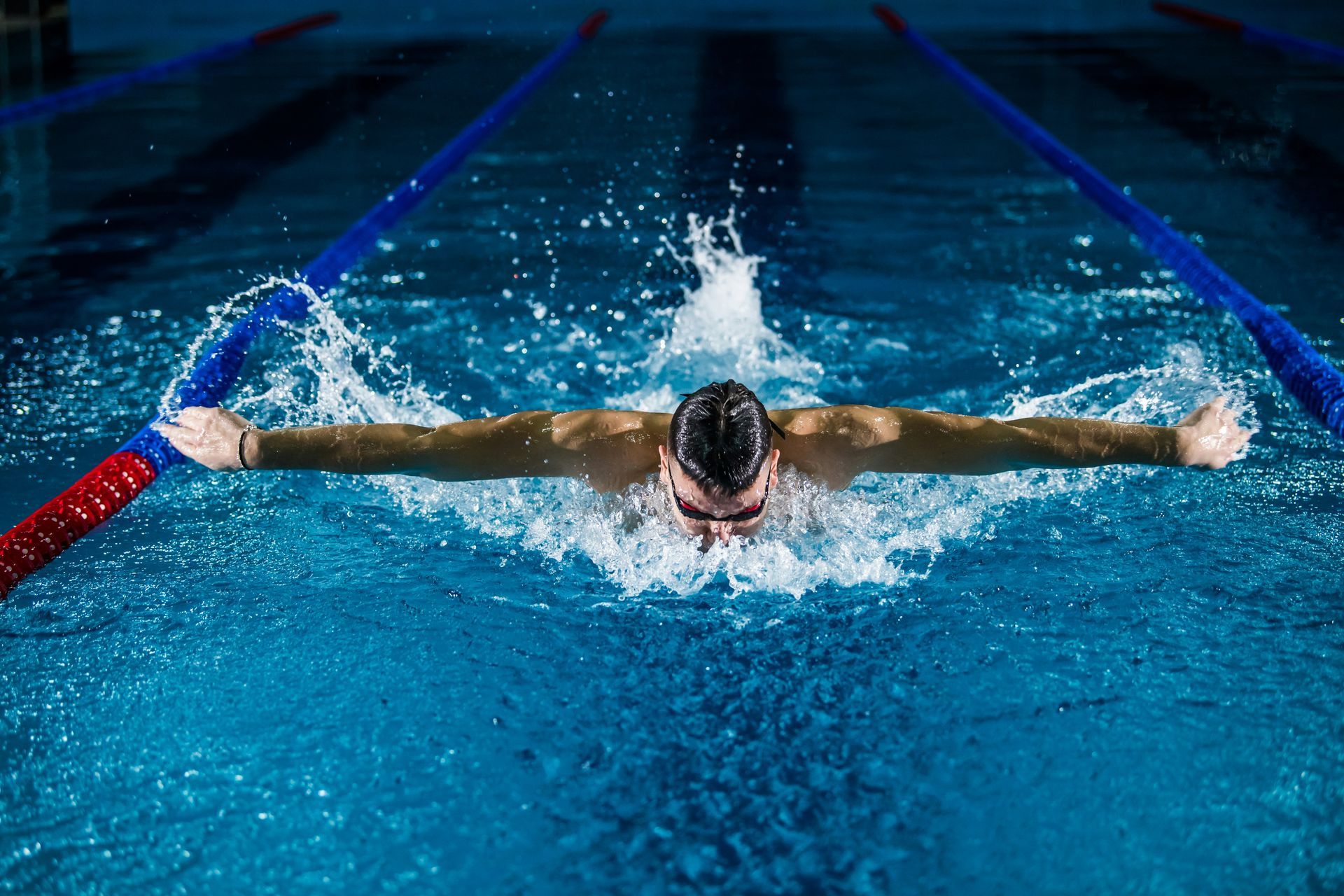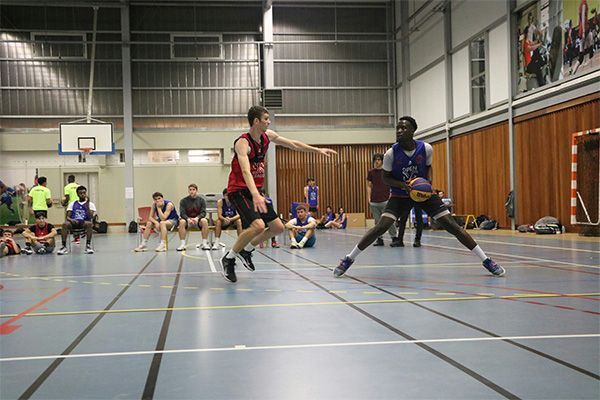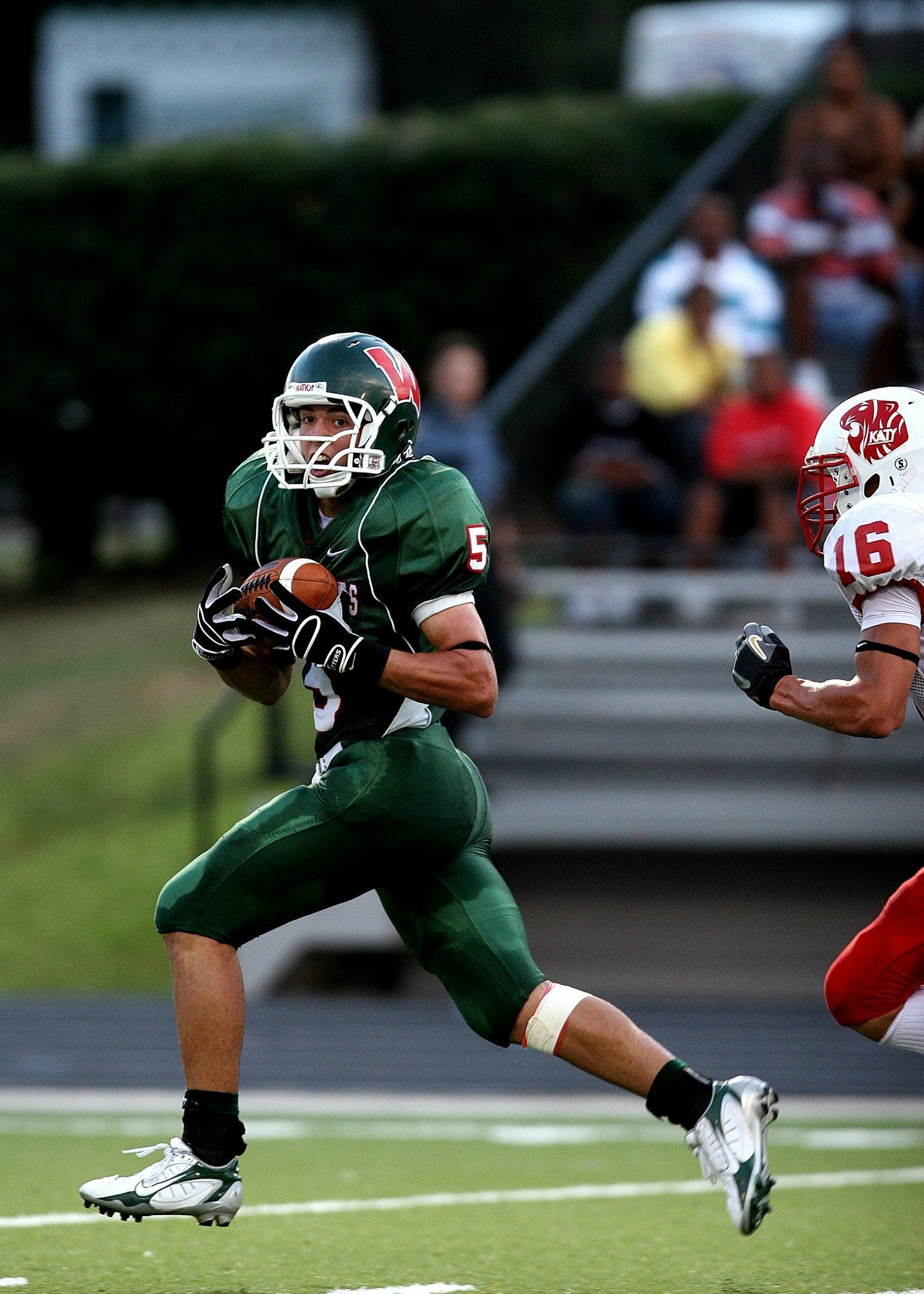By Becky Meline, LIMHP LISW IADC
One of the biggest barriers for athletes mentally is learning to let go of past mistakes and move on successfully to the next play without worrying about making another mistake. Playing in the past or future creates feelings of nervousness and anxiety for the athlete and causes them to play timid and scared to make a mistake. The irony is that when you play fearful of making a mistake, more mistakes tend to build up on each other. This is a common cycle athletes get stuck in but many don’t recognize when it’s happening, or if they are aware, they don’t know what to do about it. It’s common to hear from parents and coaches that once an athlete struggles one time in a game, they can predict the performance is going downhill. The goal of every athlete should be to learn how to play in the present moment, rather than the past or future. The present moment is what we have control over and worrying about circumstances outside of our control is wasted energy.
Mindfulness is a skill that trains yourself to be in the present moment. It has been taught for years to help with a wide variety of things such as stress, anxiety, and chronic pain to name a few; but has recently been adapted and used in the area of performance enhancement for athletes. A research study was conducted by Kaufman, Glass and Arnkoff (2009), and they completed a 4 week mindfulness training with athletes and the outcomes were impressive. An increase in confidence and overall performance, and a decrease in sports anxiety and thought disruption (Kaufman, Glass, Arnkoff, 2009). When athletes perform at their best is when they are calm and focused, often times referred to as being in the “zone” or “flow.” Mindfulness creates these feelings and allows the athlete more control over when they access a “flow state” (Kaufman, Glass, Arnkoff, 2009). Let’s take a deeper look at the skill and barriers for implementing it into practice.
Mindfulness basically means that you train your brain to pay attention in the present moment, on purpose. Just as practicing a physical skill improves with repetition, so does mental training and the capacity to access these skills under pressure.
Barriers to integrating mindfulness into sport performance
When I talk to people about this concept and integrate it into treatment, I get a wide array of responses; some are excited and willing to try; while others are more skeptical. Here are some common barriers to athletes incorporating mindfulness into their sport.
Confused
The concept of mindfulness itself can be abstract and confusing; especially if you have never tried it. Often times more education and resources are needed to understand and integrate the skill. Here is one of my favorite resources to learn and understand the concept of mindfulness in the most simplified way.
Skeptical
When athletes are used to improving their performance by doing physical workouts or repetition on a skill, they are sometimes skeptical about doing mental workouts. “This isn’t going to help me, I should just be able to get over my thoughts and move on.” It’s definitely a shift in thinking and focus for the athlete from physical to mental, but those that are willing to try something different and genuinely practice mindfulness, have seen benefit.
Embarrassed
Anytime the word mental is applied to a concept it can immediately bring up the defenses on an athlete. In the competitive world of sports driven by achievement and independence, they sometimes think it insinuates that they aren’t “strong enough” or that “there must be something wrong with me.” Unfortunately, some people still feel there is a stigma with seeing a therapist or psychologist which can prolong or even prevent people from getting help. The truth is that every athlete will make mistakes in competition. There are sports where it’s a game of who can make the least mistakes; events such as high jump and pole vault will end every competition on a mistake, even if you win. Learning how to move past mistakes and focus your attention on the present moment could benefit every athlete.
Next Steps to Integrating Mindfulness into Competition
Be Open Minded
The first step in integrating mindfulness into practice is to be open-minded about the concept. Mindfulness has been used by high profile athletes, teams and coaches to enhance their performance and focus. If this concept is worth the time of elite athletes to practice and incorporate into training, then I feel like it could be a tremendous opportunity for athletes of any skill level to try to gain an edge over their competition. Coach Phil Jackson is a strong believer in the benefit of mindfulness for his athletes, here’s a video talking about how he used mindfulness with both the Los Angeles Lakers and Chicago Bulls. Check out what he has to say about the skill and its impact for his teams.
Practice, practice, practice
Mindfulness can be a difficult skill to master; in our fast-paced world, learning to slow down and pay attention can feel unnatural. As with any new skill, practice is essential to improve your ability to access this state in everyday life as well as in competition. I recommend setting aside 3-5 minutes a day to practice the skill; and then throughout the day when you catch your mind wandering practice bringing yourself back to the present moment with your breathing. It is also helpful to incorporate this training along with other mental strategies into your pre-game routine.
Coaches Incorporate Mindfulness Training into Practice
I have had the opportunity to work with teams on mindfulness with their sports, but the real results happen when coaches consistently incorporate mental exercise into their culture. This then becomes the norm and an ongoing expectation for the team along with their physical skill training. This provides daily practice of a new skill, sets the standard for athletes on the team, and raises awareness to the importance of your mental mindset in competition. Most coaches know the importance of having their athletes play in the present moment but may not have the structured exercises to practice with them. Mindfulness offers that structure, a common language, and a variety of ways to practice the skill. Take a look at some of the ways to bring yourself back to the present moment and practice mindfulness in sport.
http://believeperform.com/performance/the-application-of-mindfulness-practice-to-sport/
https://sportsandthemind.com/mindfulness-exercises/
http://blog.myfitnesspal.com/athletes-trainers-practice-mindfulness/
Resources
Kaufman, Glass and Arnkoff, Journal of Clinical Sports Psychology, 2009.
Becky began her journey into this profession at the University of South Dakota as a student-athlete where she received her bachelor’s degree in psychology and played volleyball for the Coyotes. She was a four year starter and held the universities career kill record for 11 years. She was Conference Player of the Year her senior year and awarded Female Athlete of the Year for USD in 2004. For the past 9 years she has practiced therapy with adults, and specialized in the treatment of adolescents and children. She moved into a dual role 4 years ago as a clinician and a Clinical Supervisor overseeing a community mental health clinic in Iowa; and has a private practice Focus Therapy in Omaha, NE. For more information on Becky and the services she provides visit the website at focustherapyomaha.com
The post Moving Past Mistakes in Competition appeared first on Focus Therapy.











